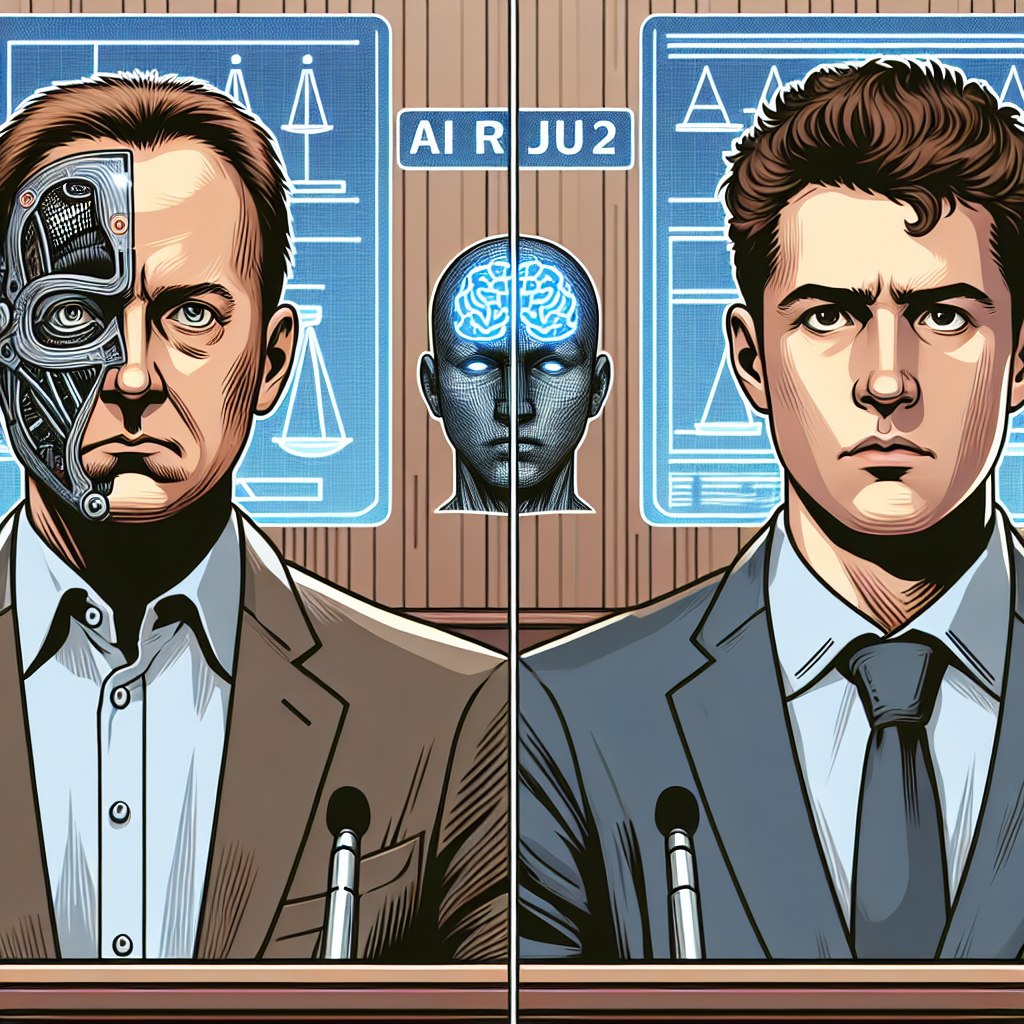
Elon Musk vs Sam Altman: OpenAI Lawsuit Battle Heats Up
The tech world is buzzing with the latest legal battle between two of the industry’s most influential figures—Elon Musk and Sam Altman. At the center of this heated dispute is OpenAI, a company originally co-founded by Musk but now led by Altman. The lawsuit is drawing widespread attention due to its potential implications for artificial intelligence (AI) advancements and corporate transparency.
Background of the OpenAI Dispute
To understand the lawsuit, it is important to look back at OpenAI’s history. The organization was founded in 2015 as a non-profit with the mission to develop AI for the benefit of humanity. Elon Musk was an early backer, contributing significant funds and helping shape the initial direction of OpenAI.
However, in 2018, Musk left the board, citing potential conflicts of interest with Tesla’s own AI initiatives. Following his departure, OpenAI transitioned into a for-profit entity, a move that Musk has criticized heavily. He argues that this shift betrays the company’s original mission.
The Core Issues in Musk’s Lawsuit Against OpenAI
Elon Musk’s lawsuit against Sam Altman and OpenAI is based on several key disagreements:
- Alleged Breach of Original Mission: Musk contends that OpenAI abandoned its original promise of developing AI for the public benefit and instead focused on profit-driven motives.
- Partnership with Microsoft: The lawsuit highlights OpenAI’s close collaboration with Microsoft, which has invested billions into the company, giving the tech giant potential control over OpenAI’s research.
- Concerns Over AI Safety: Musk has repeatedly warned about the dangers of unchecked AI development and believes OpenAI’s current approach may pose risks to society.
Sam Altman’s Response to Musk’s Allegations
Sam Altman and OpenAI have dismissed Musk’s claims, arguing that the company’s evolution was necessary for continued advancements in artificial intelligence. They emphasize that:
- Funding is Essential: OpenAI needed significant financial backing to keep up with industry developments, and partnering with Microsoft provided necessary resources.
- AI Progress Requires Collaboration: Working alongside major tech players allows OpenAI to accelerate AI research while ensuring responsible development.
- Commitment to Safety: OpenAI states that it remains dedicated to AI safety, transparency, and aligning its work with long-term benefits for humanity.
Legal Ramifications of Musk vs OpenAI
This lawsuit could have far-reaching consequences for OpenAI, Musk, and the broader AI industry. Some of the potential outcomes include:
1. Impact on OpenAI’s Operations
If the lawsuit gains traction, OpenAI may face increased legal scrutiny over its business model and affiliations with Microsoft. This could impact future investments and strategic decisions.
2. Transparency in AI Development
The case highlights growing concerns about the control of AI technologies. Who should oversee and regulate AI development? The outcome could shape future discussions on AI governance.
3. Musk’s Influence in AI
Elon Musk has been vocal about his concerns regarding AI. His legal battle could either reinforce his credibility as a pioneer of responsible AI or be seen as an attempt to regain influence in a rapidly evolving field.
The Future of OpenAI and AI Ethics
The lawsuit between Musk and OpenAI underscores ongoing debates regarding AI ethics, corporate accountability, and technological transparency. As AI continues to grow in importance, businesses and governments will need to address the fundamental question: Who should have the power to shape the future of artificial intelligence?
While it remains uncertain how this legal dispute will unfold, one thing is clear—the battle between Musk and Altman is more than just a legal fight. It’s a clash of philosophies over AI’s purpose, control, and ethical responsibilities. As developments emerge, the tech community and the world at large will be watching closely.
“`



